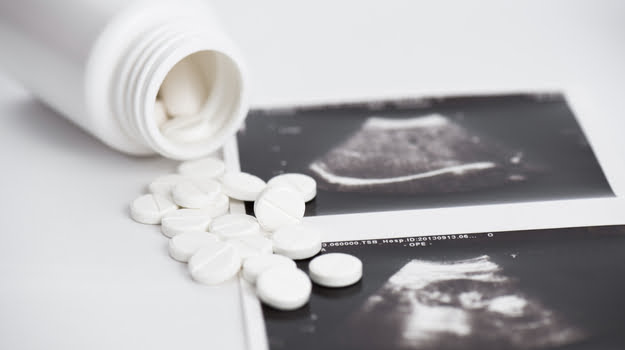Yesterday, the Food and Drug Administration (FDA) moved to weaken chemical abortion safeguards designed to protect women from complications or potential abusive circumstances. The new policy will allow for mail-order abortions without in-person medical supervision.
Chemical abortion, often referred to as the abortion pill, RU-486, or Mifeprex, can be performed up to 11 weeks gestation. At this stage in development, the fetal heart has beaten nearly 10 million times, brain waves can be detected, the fetus responds to touch, and has formed over 90% of its body parts.
The two-drug cocktail begins with mifepristone used to block progesterone, starving the developing fetus from vital nutrients. Two days later, the mother self-administers misoprostol orally or vaginally to induce intense contractions as she delivers the dead fetus.
The Biden administration and its pro-choice allies frame the abortion pill as a safer option for women, but data shows otherwise. A recent study from Charlotte Lozier Institute (CLI) shows increased access to abortion pills creates a significant public health risk. The rate of abortion-related emergency room visits following a chemical abortion increased over 500% from 2002 through 2015, according to an analysis of Medicaid claims data. Over the same period, chemical abortions within the study population increased from 4.4% to 34.1% of total abortions. Additional research showed when compared to surgical abortion, chemical abortion increased the risk of an emergency room visit by 53%.
A 2018 FDA report shows between 2000-2018 at least 24 women died after taking the abortion pill.
Oregon Right to Life executive director Lois Anderson states, “This decision by the FDA puts women at risk at the behest of the abortion lobby. In light of the overwhelming evidence that chemical abortion bears serious risks for mothers, sadly yesterday’s decision puts profit and politics above the safety and well-being of women.”
Help is available through the Abortion Pill Rescue Network for women who regret taking the first abortion pill, providing a chance to reverse the effects and save their pregnancies if quick action is taken. Statistics show that the safe, effective abortion pill reversal (APR) protocol has saved more than 2,500 babies.





